This morning (April 17), within the framework of the P4G Summit, a ministerial-level discussion session took place with the theme "Technology creates breakthroughs in green transformation and sustainable development in the smart era".
'Green and number are twins'
Leading the discussion, Minister Nguyen Manh Hung emphasized that green development is a great step forward for human civilization.
The history of human development is fundamentally based on the consumption and depletion of resources, at an ever-increasing rate. According to Mr. Hung, such development is unsustainable, unethical, and irresponsible to one’s descendants.
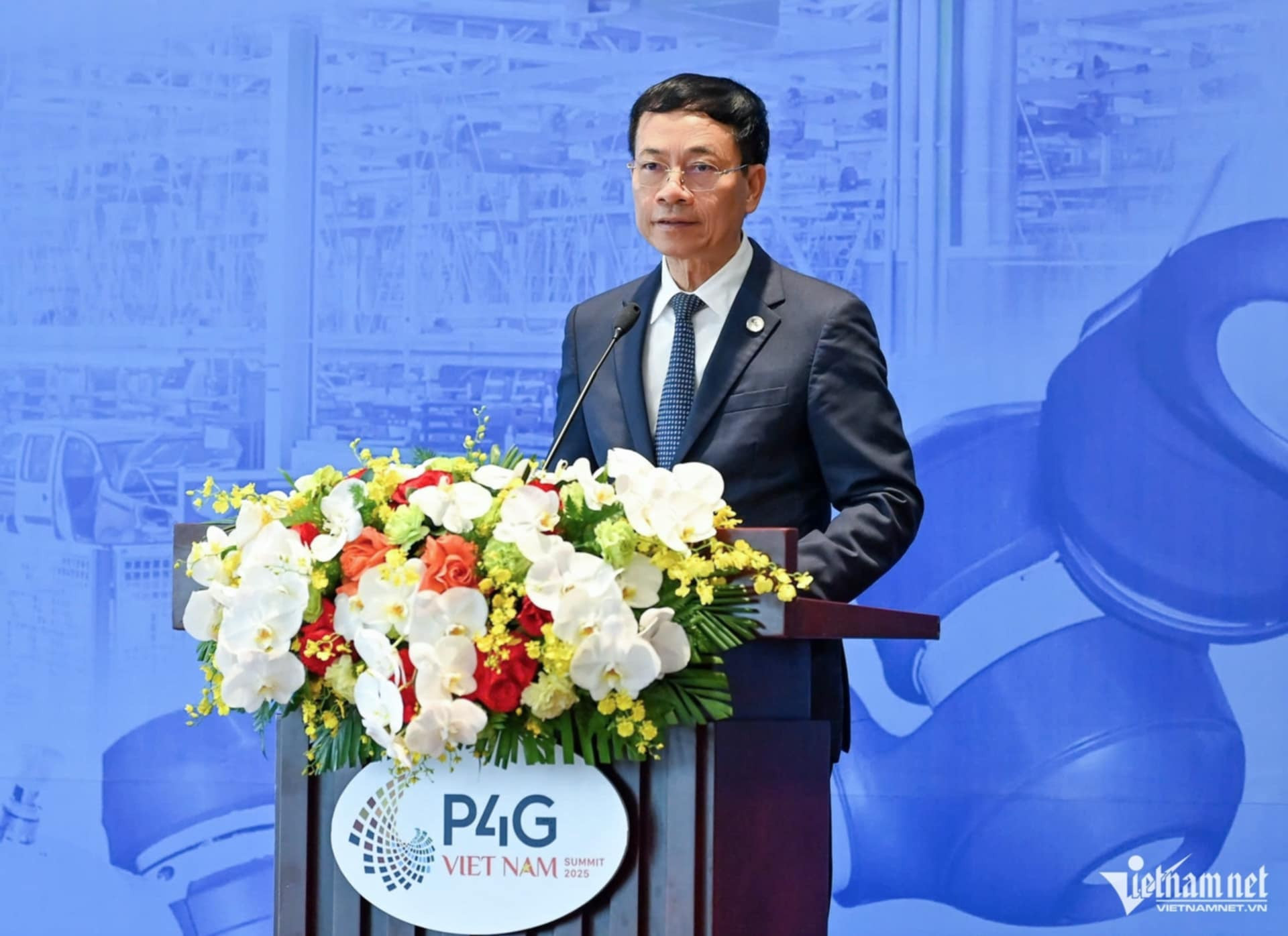
Vietnam is committed to achieving net zero emissions by 2050, and is one of the first countries to develop an action plan to implement the 2030 Agenda, shifting from the traditional growth model to green growth and digital economy . These are strong commitments, creating great pressure for ourselves, to activate Vietnamese intelligence, and seek global innovation to solve the green development problem of Vietnam and humanity.
The Minister said that green transformation is a long journey, requiring the building of a complete and balanced green ecosystem, including: green institutions, green infrastructure, green human resources, green technology, green data and green culture. In this ecosystem, green technology plays a decisive role.
Green and sustainable development is based on science and technology, innovation and digital transformation. The development of science and technology, innovation and digital transformation also aim to serve green and sustainable development. Vietnam has brought these three under the same state management ministry, considering this a strategic choice and top priority.

For Vietnam, breakthrough technologies that can create fundamental changes and green development for humanity are hydrogen, new generation batteries, low carbon technology, and circular technology. New generation digital technologies that drive green transformation are AI, IoT, big data, and semiconductor chips.
Vietnam considers AI as the core technology of the 4th industrial revolution. Vietnam's digital transformation is being transformed into AI transformation. But Vietnam's approach to AI is that AI does not replace humans but only empowers humans...
However, the Minister of Science and Technology noted that artificial intelligence is very smart, if humans are not smarter in the way they develop, the risks will still be there.
Regarding green transformation and digital transformation, the Minister affirmed that "green and digital are twins".
If you want to be "green", you have to be "digital". In the digital environment, people will spend less on material things. Activities in the digital environment will also be more effective because there is no distance, no intermediary and no contact. Vietnam promotes digital transformation in a comprehensive and nationwide way in all fields.
And if you want to be "digital", you have to be "green". Data centers will be the largest consumers of electricity in the future. Digital transformation must use green electricity and use electricity efficiently.
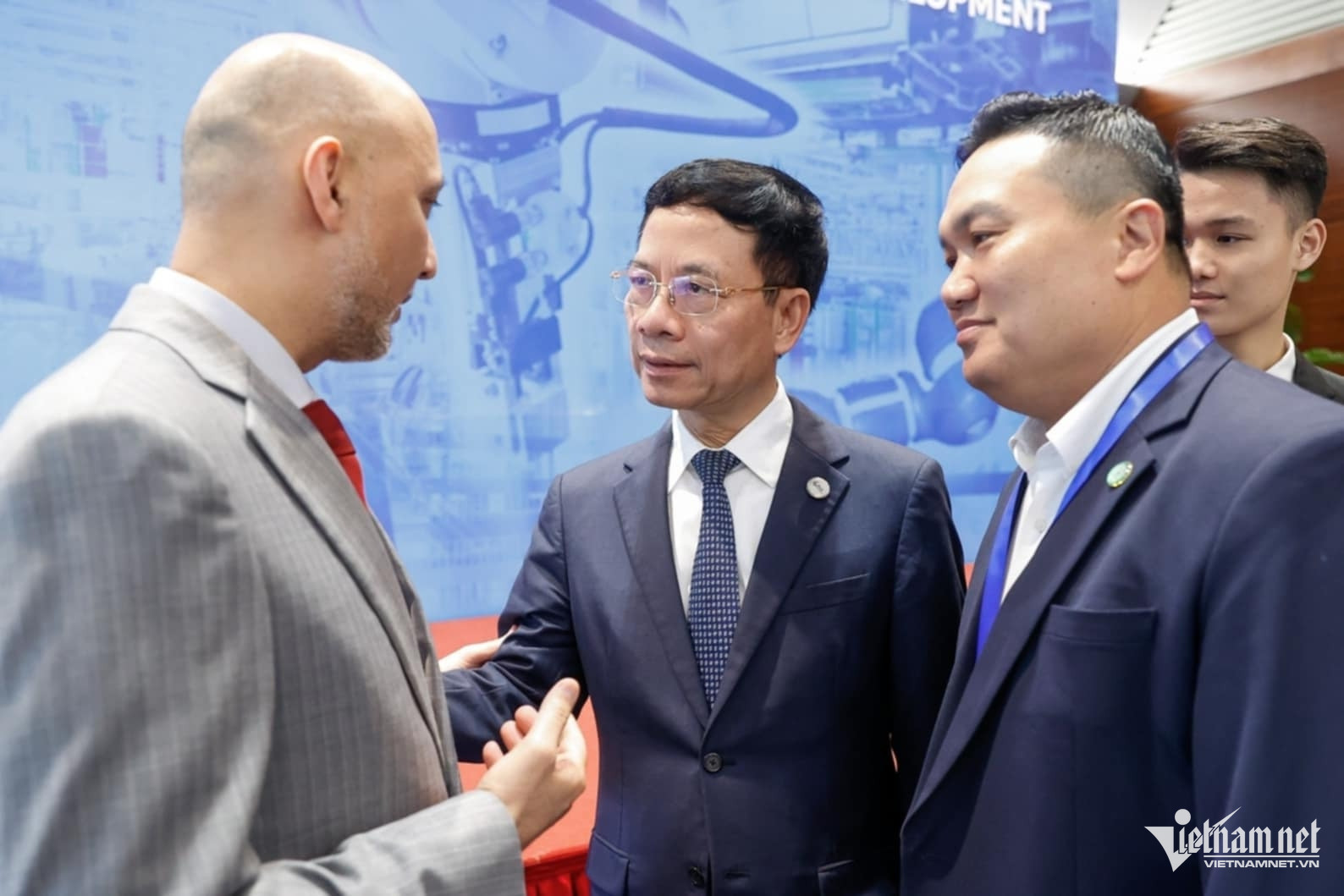
Minister Nguyen Manh Hung said that green transformation requires green standards. Vietnam calls for global action, promotes multilateral cooperation, creates new cooperation models, shares experiences and technologies, and supports developing countries in the green transformation process.
He proposed establishing a website so that P4G countries, corporations and companies can access information on technologies and experiences in green transformation in the most convenient and fastest way. In addition, it is necessary to establish an “Open Innovation Model” within P4G members to form a bridge between solution and technology providers and corporations and organizations with green transformation needs.
Minister Nguyen Manh Hung affirmed that only global cooperation can solve the problem of green development. There cannot be a green country without a green world, nor a green world without a green country.
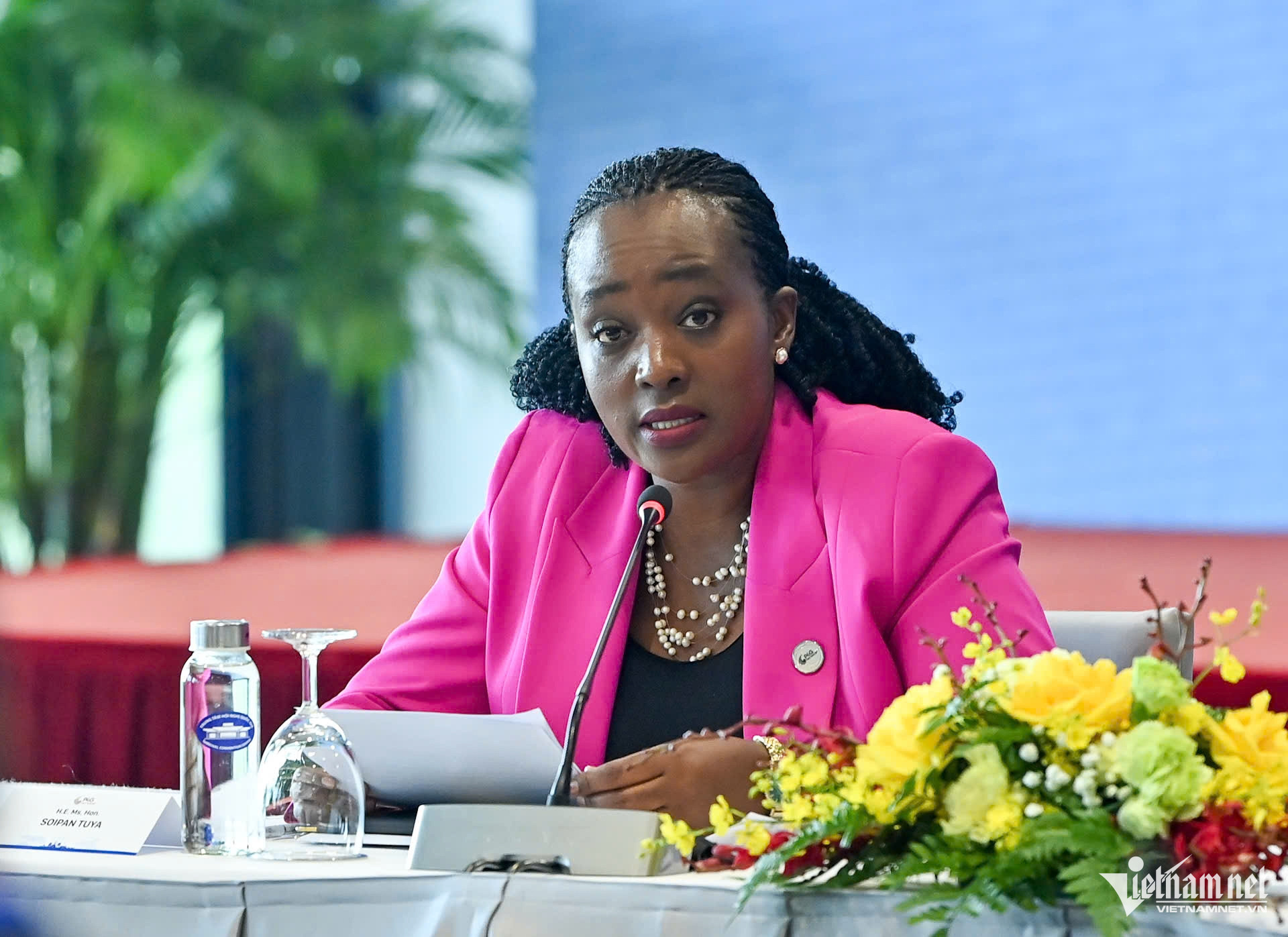
Co-chairing the discussion, Kenyan Defense Minister Soipan Tuya emphasized that artificial intelligence has great potential, but it also comes with challenges that are not limited to the risk of job loss and lack of data security...
She also raised the issue of how science and technology can be leveraged to promote green transformation and sustainable growth.
According to Ms. Soipan Tuya, it is necessary to increase investment and build infrastructure for artificial intelligence, provide reliable and high-speed Internet connections; have low-cost data systems and accessible cloud computing services to help reduce costs for startups and researchers...
Kenya’s defense minister also said that it was necessary to integrate AI into existing technology. Citing her experience, she said that in Kenya, private companies partner with smallholder farmers to provide AI applications that provide specialized weather warnings. Kenya also has an AI-based climate model to predict floods, monitor deforestation, and support a tree planting initiative of up to 15 billion trees over 10 years.
International experience in creating green transformation breakthroughs
Also at the conference, Japanese Deputy Minister of the Environment Katsume Yasushi introduced waste-to-energy technology and household wastewater treatment technology (johkasou).
Waste-to-energy facilities play a key role in processing large volumes of waste, helping to reduce greenhouse gases by generating electricity from waste and reducing methane emissions from landfills. Johkasou is a cost-effective, small-scale, highly efficient domestic wastewater treatment technology suitable for areas without sewer systems.
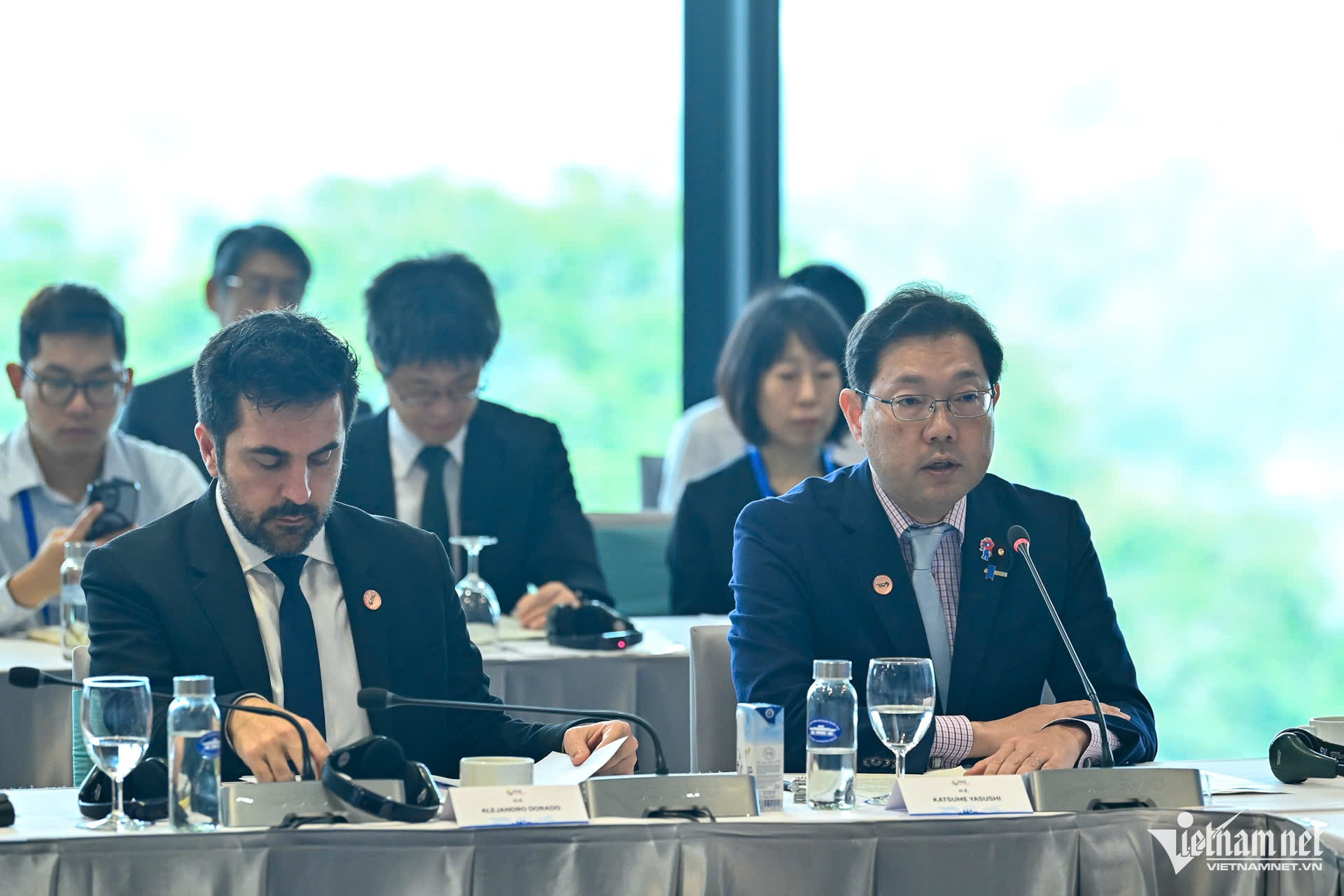
Mr. Katsume Yasushi said that Japan has established a joint credit mechanism with 29 partner countries to promote greenhouse gas emission reduction and sustainable development through the dissemination of these technologies.
In Vietnam, a large-scale waste-to-energy facility using Japanese technology located in Bac Ninh province and a johkasou system located in Ha Long Bay have contributed to improving the water environment, preserving landscapes and developing tourism.
Japan is working with ASEAN countries to launch the ASEAN-Japan Resource Circular Partnership Initiative on e-waste and critical minerals. Under this initiative, Japan is supporting the development of a legal framework on e-waste and promoting capacity building.
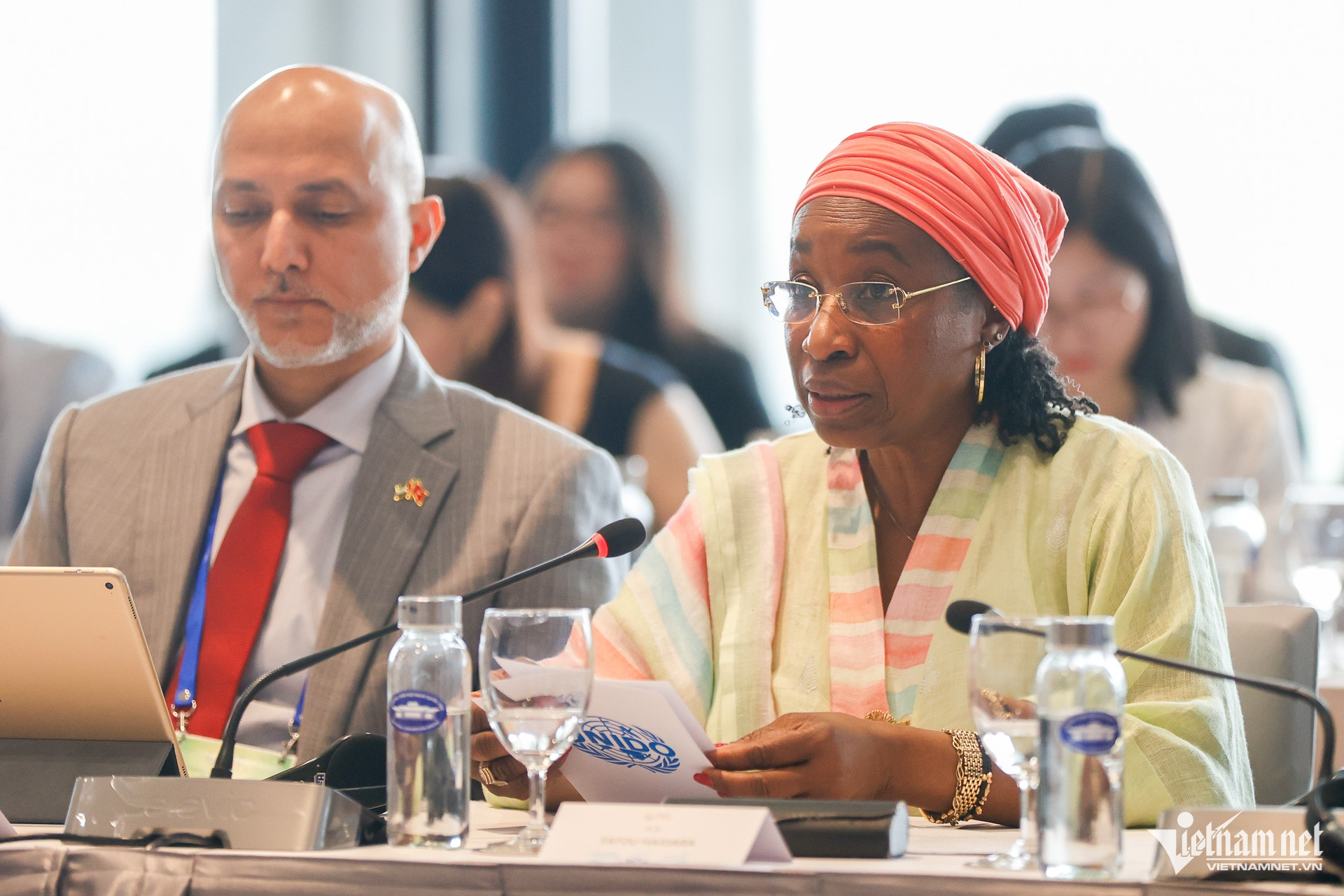
UN Industrial Development Organization (UNIDO) Deputy Director General Fatou Haidara stressed that climate change and environmental degradation are among the most pressing challenges of our time. And a green transition is imperative.
UNIDO is committed to supporting countries to leverage disruptive digital technologies to achieve goals such as: clean energy and climate action; equitable and sustainable supply chains; food security through innovation and local value addition.

Ms. Fatou Haidara cited that in Vietnam, UNIDO is implementing a technical cooperation portfolio worth 13 million USD contributing to sustainable economic growth. Together with the Government of Vietnam, UNIDO is building a suitable national program, linked to the growth vision, focusing on green transformation, digitalization and innovation in production...
Source: https://vietnamnet.vn/bo-truong-kh-cn-khong-the-co-mot-quoc-gia-xanh-ma-the-gioi-khong-xanh-2392088.html



![[Photo] General Secretary To Lam chairs a working session with the Central Internal Affairs Commission](https://vphoto.vietnam.vn/thumb/1200x675/vietnam/resource/IMAGE/2025/5/22/3b7790f499da45b2803d8ae253207ef1)
![[Photo] T&T 1 and Ho Chi Minh City 1 People's Police Teams won the men's and women's team championships](https://vphoto.vietnam.vn/thumb/1200x675/vietnam/resource/IMAGE/2025/5/22/39db06ae67cb4001b7a556e8d9a56d07)

![[Photo] Prime Minister Pham Minh Chinh chairs meeting on draft Resolution of National Assembly on International Financial Center in Vietnam](https://vphoto.vietnam.vn/thumb/1200x675/vietnam/resource/IMAGE/2025/5/22/d398664ff1a140629169ea5a24e1b4d0)
![[Photo] Press delegation meeting to visit Truong Sa and DK1 Platform](https://vphoto.vietnam.vn/thumb/1200x675/vietnam/resource/IMAGE/2025/5/22/6b8d232877ec421a9e8187d83b9f8006)
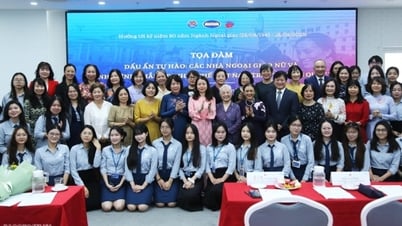

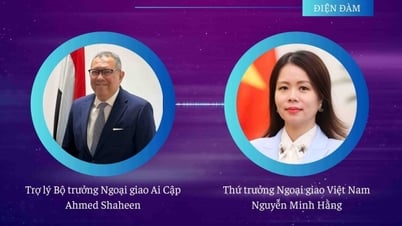
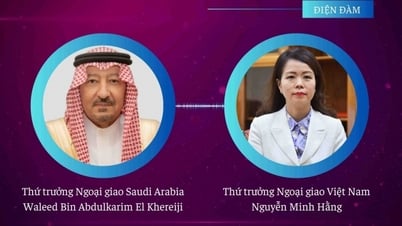

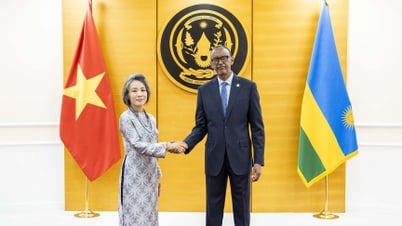
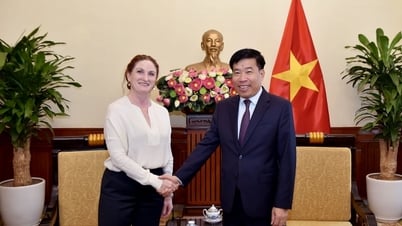




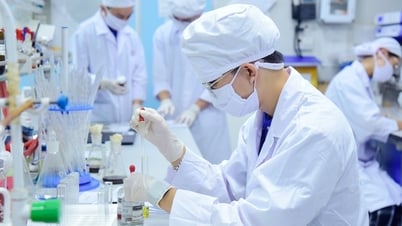
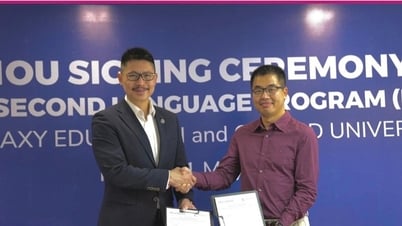



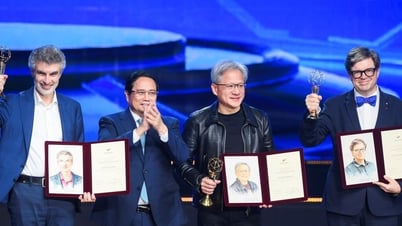
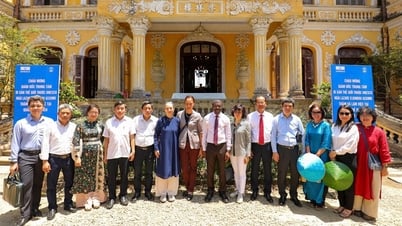









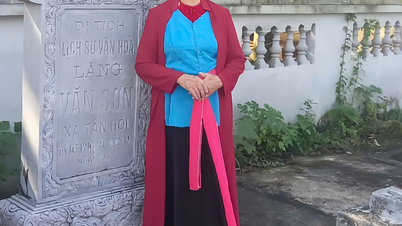














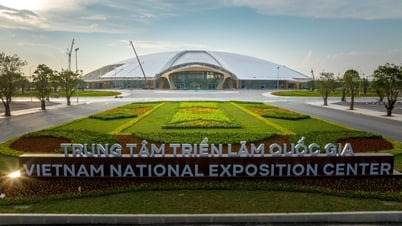

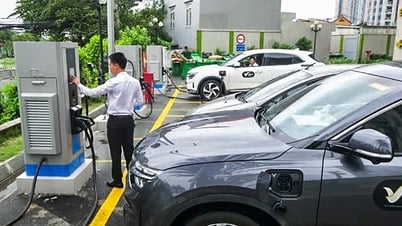
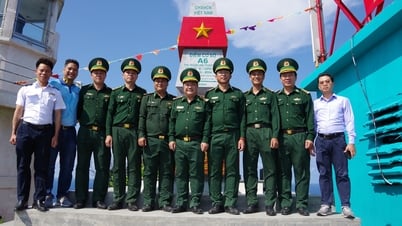






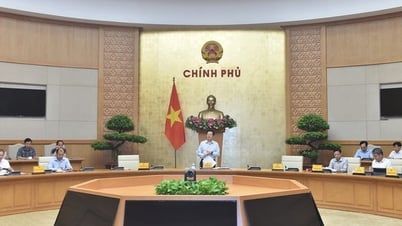

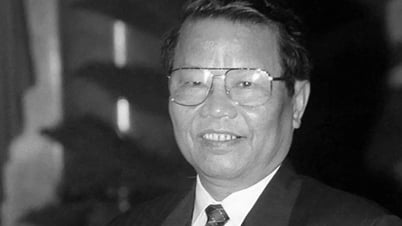
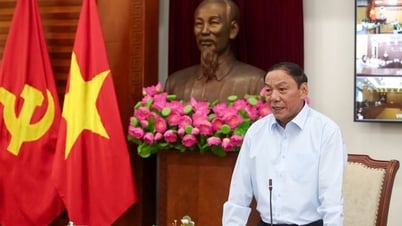
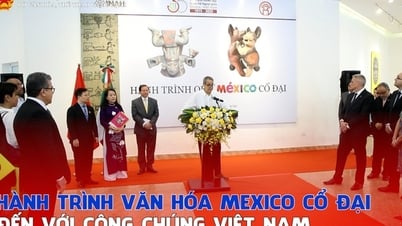







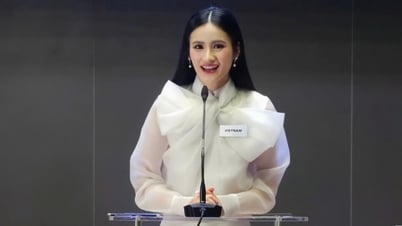

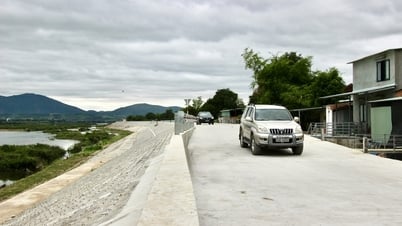

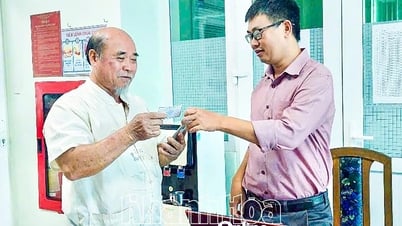





![[Podcast] Week introducing more than 500 OCOP products in Hanoi](https://vphoto.vietnam.vn/thumb/402x226/vietnam/resource/IMAGE/2025/5/22/d144aac2416744718388dbae3260e7fd)





Comment (0)